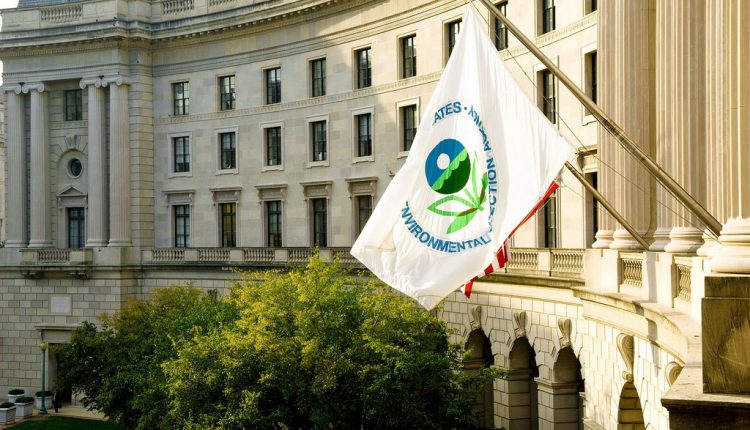
SBA Environmental Roundtable Meeting – March 11, 2022
FRIDAY, March 11, 2022, 10 a.m. – 11:00 a.m.
Via Webinar
The next U.S. Small Business Administration, Office of Advocacy Environmental Roundtable will meet virtually to discuss the following topic, beginning at 10 a.m. on Friday, March 11, 2022. The meeting will be held using the Microsoft Teams platform.
Send your RSVP to tayyaba.zeb@sba.gov. A meeting link will be provided to you when you RSVP.
Agenda
10:00 AM – 10:05 AM Introductions
10:05 AM – 10:25 AM EPA’s Proposed Response: Petition To Revise the Non-Hazardous Secondary Material Standard
Tracy Atagi, Office of Resource Conservation and Recovery, Materials Recovery and Waste Management Division, EPA
10:25 AM – 10:40 AM Railroad Tie Management: A Short-Line Railroad Perspective
Sean Strong, Watco, American Short Line and Regional Railroad Association
10:40 AM – 11:00 AM Q&A
Roundtable meetings are open to all interested persons, with the exception of the press, in order to facilitate open and frank discussion about the impacts of Federal regulatory activities on small entities. Agendas and presentations are available to all, including the press. Anyone who wants to receive roundtable agendas or presentations, or to be included in the distribution list, should forward such requests to david.rostker@sba.gov. The purpose of these Roundtable meetings is to exchange opinions, facts and information and to obtain the attendees’ individual views and opinions regarding small business concerns. The meetings are not intended to achieve or communicate any consensus positions of the attendees.
Small Business Environmental Roundtable
Issue for Discussion
March 11, 2022
EPA’s Proposed Response: Petition To Revise the Non-Hazardous Secondary Material Standard
On January 28, 2022, EPA published its proposed response to an industry petition to revise the Non-Hazardous Secondary Material (NHSM) regulations. The NHSM requirements consists of standards and procedures that are used to identify whether non-hazardous secondary materials are solid wastes when used as fuels or ingredients in combustion units. The petitioners requested various changes which include: (1) changing the legitimacy criterion for comparison of contaminants in the NHSM to the traditional fuel the unit is designed to burn from mandatory to “should consider;” (2) removing associated design-to-burn and other limitations for creosote-treated railroad ties (CTRT); and (3) revising the definition of paper recycling residuals (PRR) to remove the limit on non-fiber materials in PRR that can be burned as a non-waste fuel.
In its proposed response, the agency denies all the requested revisions. For the first two requests, EPA reasons that these changes would negatively affect the NHSM program by increasing the levels of contaminants that could be burned in units that are not appropriately designed to burn them. While the agency is proposing to deny the request to revise the definition of PRR, it is alternatively proposing to set a numerical limit of two percent on the amount of non-fiber materials that may be included for the residuals to be considered a non-waste fuel.
The public comment deadline is March 29, 2022.
Speaker Bio: American Short Line and Regional Railroad Association
The American Short Line and Regional Railroad Association (ASLRRA) mostly represents small business owners and operators of short line and regional railroads and railroad suppliers throughout North America. ASLRRA is an affiliate member of EPA’s SmartWay program which helps freight transportation sector improve supply chain efficiency. Sean Strong works for a single source transportation and supply chain services company, Watco, a member of ASLRRA. He also serves as the Chair of the ASLRRA Environmental committee. He has extensive experience in compliance, remediation, sustainability, and environmental due diligence for industrial properties. Mr. Strong is a Certified Hazardous Materials Manager and a Qualified Industrial Stormwater Practitioner through the California Stormwater Quality Association. He has worked throughout the lower 48 states and has completed projects in Mexico and Canada. Mr. Strong holds a degree in economics from the Hobart and William Smith Colleges.
